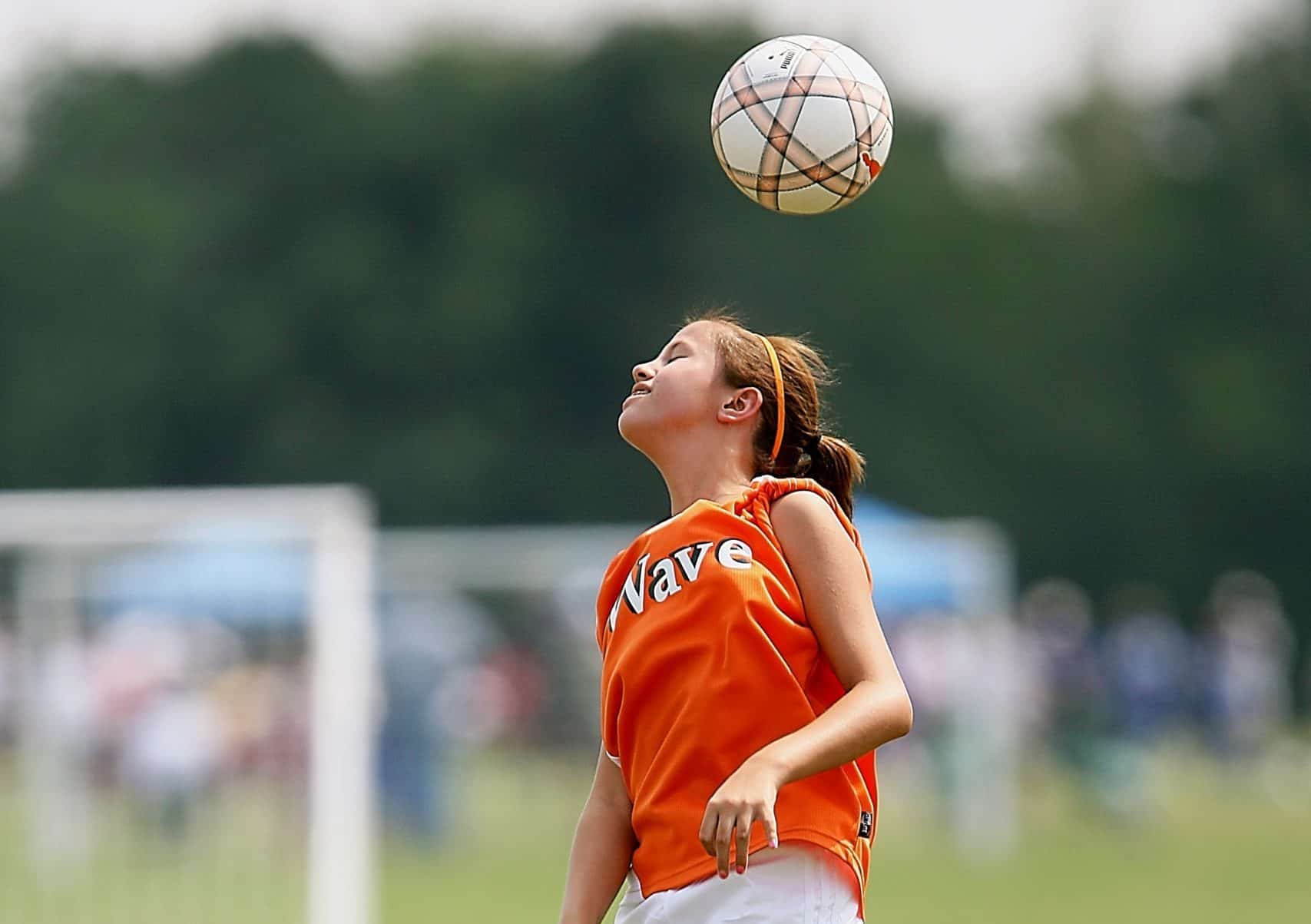Sports are a way of life for some, especially once the school year kicks off. Kids lace up cleats and strap on helmets at a young age often continuing to play through high school where competition becomes, shall we say…quite competitive. In addition, many kids participate in a growing number of “extreme sports” such as skate boarding, BMX, mountain biking, and rock climbing. Unfortunately, injuries can often go hand in hand with these activities. Because sports injury prevention is always preferable to sports injury treatment, we’re going to share some preventative measures to take, as well as some advice on treating an injury that’s already occurred. By the way, all of this helpful information goes for moms and dads, just as much as it does for the kiddos.
There are several strategies that coaches, parents, and athletes can follow to help prevent sports injuries. Most importantly, athletes should:
- Be in proper physical condition to play a sport (a pre-participation physical examinations can be useful in screening for potential problems)
- Know and obey the rules of the sport
- Wear appropriate protective gear (shin guards, batting helmets, proper pads for football, etc.) and know how to correctly secure and adjust the equipment)
- Always stretch and warm up before playing
- Stay hydrated before and after the game or activities
- Avoid playing when very tired or in pain
Even when your child takes all of these precautions, bruises, cuts, pulls, and sprains can happen. If one of these minor injuries occurs, it’s best to seek treatment sooner than later. Applying ice to reduce swelling or bandaging sprains and cuts are good, preliminary measures. However, if symptoms persist, there’s no sense in long-term hobbling around the house, or expecting a deep cut to heal with adhesive bandages and antibiotic ointment.
“It’s best to see a physician before minor injuries become major, debilitating ones or someone rushes back to the field of play too soon before fully healed,” says, Dr. Marque. “The good thing about today’s urgent care centers, you can be seen quickly, with no appointment needed, so you can return to your favorite activities sooner.”
You may have noticed, at the top of our list of ways to prevent injuries is to make sure your child is in proper condition to play a sport. It is highly recommend scheduling a pre-participation physical examination (PPE) to determine whether it’s safe for your child to participate in a certain sport. This type of physical can reveal health problems from bone or muscle weakness up to hidden life-threatening conditions such as heart or respiratory issues.
During the physical examination, feel free to ask your doctor if he or she has any special training tips, healthy eating habits or ideas for avoiding injuries linked to the specific sport in which your child participates. You’ll often find that the advice you often give that falls upon your offspring’s deaf ears is quickly taken into consideration when coming from a professional who is not called “mom” or “dad.”


